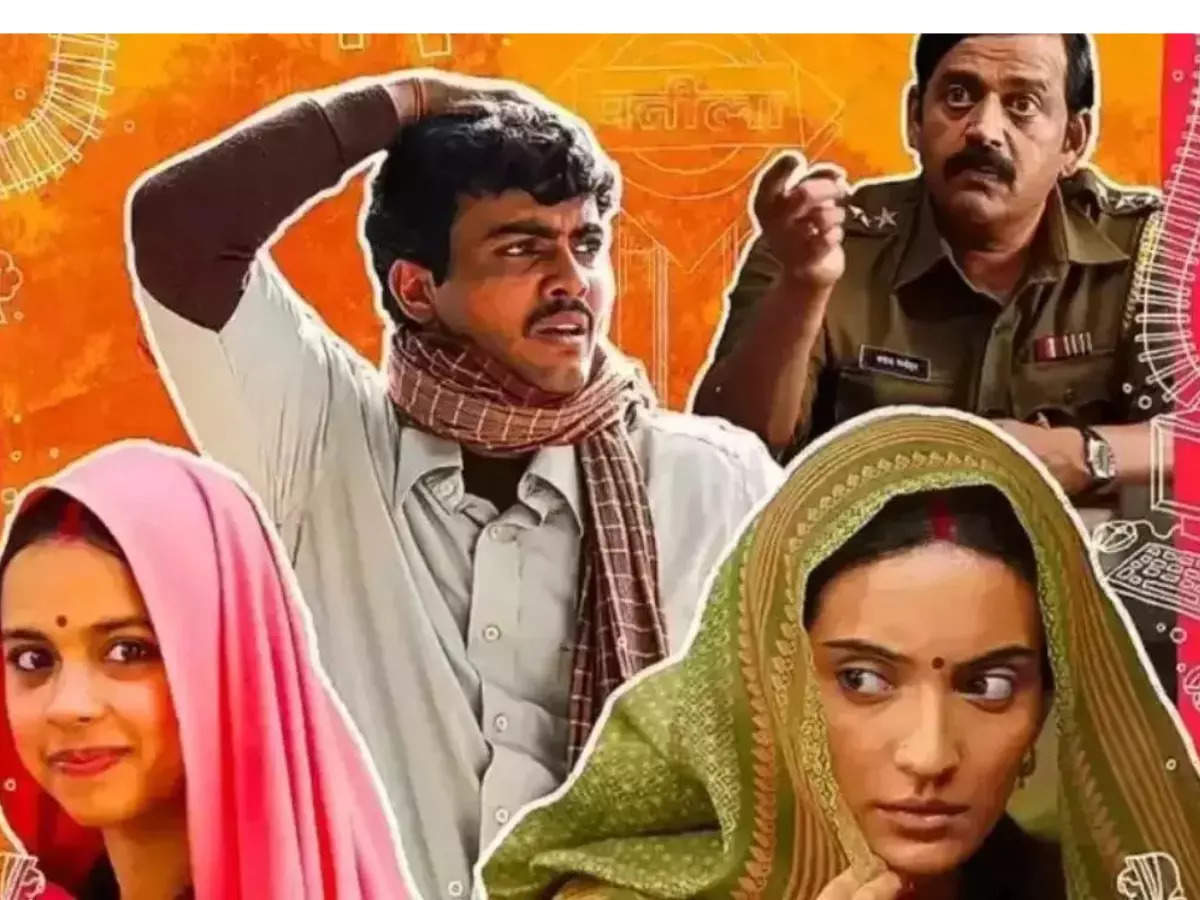Soon after the announcement of Kiran Rao ’s Laapataa Ladies as India’s official submission for the 2025 Oscars , a debate ignited on social media. Many users expressed disappointment, claiming that Payal Kapadia’s All We Imagine As Light, despite its win at Cannes , had been unjustly overlooked. The decision was made by a 12-member jury, led by renowned Assamese director Jahnu Barua , who recently shared insights into why Laapataa Ladies was chosen.
When asked why Rao’s film stood out among the other shortlisted contenders, Barua explained to The Indian Express, “The jury has to look at the right film that represents India on all fronts. Particularly, the film has to represent India’s social systems and ethos. The Indianness is very important, and Laapataa Ladies scored on that front.”
He continued by emphasizing that selecting the most appropriate film to represent India at the Oscars is crucial, noting, “It is important that the best-suited film, which represents India, is sent as the official entry to the Oscars. There could be a better film outside the 29 films that were nominated too. But the jury can only choose from what they have been given, right?”
Barua shed light on the jury’s decision-making process, revealing that the deliberation was thorough. “We were in Chennai for 7-8 days, and we were watching the 29 films that were sent to us. Throughout this period, we used to have in-depth discussions about the films. Each and every jury member had strong opinions, and we kept the conversation going. We were in constant discussion about the films, studying it, shortlisting it, and finally coming up with one name. The final discussion to reach a consensus only took half a day or so because we were constantly in conversation about the films,” he elaborated.
Describing the overall experience, Barua shared, “It was an exciting and passionate experience. It is something that doesn’t happen to everyone, and it made me very happy. Everyone who was part of the jury was in it for the love of Indian cinema .”
When questioned about why only 29 films were shortlisted, Barua acknowledged the need for a better system, saying, “That is what we need to find a way out. We need to have a system in place to do justice to the kind of films coming from Indian cinema. Shouldn’t we be sending the best possible film?”
Despite the weight of the responsibility, Barua mentioned he felt no pressure during the selection process. “Not at all. Actually, everything depends on the jury members. We have to follow a strict kind of approach and ensure no influence seeps in the selection process. Each of us has to apply our own mind and select the best. It also depends on the kind of leadership in a jury, and I never allowed any interference and influence in my jury,” he concluded.
When asked why Rao’s film stood out among the other shortlisted contenders, Barua explained to The Indian Express, “The jury has to look at the right film that represents India on all fronts. Particularly, the film has to represent India’s social systems and ethos. The Indianness is very important, and Laapataa Ladies scored on that front.”
He continued by emphasizing that selecting the most appropriate film to represent India at the Oscars is crucial, noting, “It is important that the best-suited film, which represents India, is sent as the official entry to the Oscars. There could be a better film outside the 29 films that were nominated too. But the jury can only choose from what they have been given, right?”
Barua shed light on the jury’s decision-making process, revealing that the deliberation was thorough. “We were in Chennai for 7-8 days, and we were watching the 29 films that were sent to us. Throughout this period, we used to have in-depth discussions about the films. Each and every jury member had strong opinions, and we kept the conversation going. We were in constant discussion about the films, studying it, shortlisting it, and finally coming up with one name. The final discussion to reach a consensus only took half a day or so because we were constantly in conversation about the films,” he elaborated.
Describing the overall experience, Barua shared, “It was an exciting and passionate experience. It is something that doesn’t happen to everyone, and it made me very happy. Everyone who was part of the jury was in it for the love of Indian cinema .”
When questioned about why only 29 films were shortlisted, Barua acknowledged the need for a better system, saying, “That is what we need to find a way out. We need to have a system in place to do justice to the kind of films coming from Indian cinema. Shouldn’t we be sending the best possible film?”
Despite the weight of the responsibility, Barua mentioned he felt no pressure during the selection process. “Not at all. Actually, everything depends on the jury members. We have to follow a strict kind of approach and ensure no influence seeps in the selection process. Each of us has to apply our own mind and select the best. It also depends on the kind of leadership in a jury, and I never allowed any interference and influence in my jury,” he concluded.
You may also like

Where was Emman Atienza from and where did the beloved influencer's journey end?

R Madhavan's most expensive purchase proves money can buy peace. The reason will surprise you

Udit Raj alleges harassment as officials move to evict govt bungalow in Delhi; sources cite unauthorised occupation

Surprise inspections at Hyderabad gyms to check steroid abuse

"Everything depends on mood of voters", says JJD chief Tej Pratap Yadav







